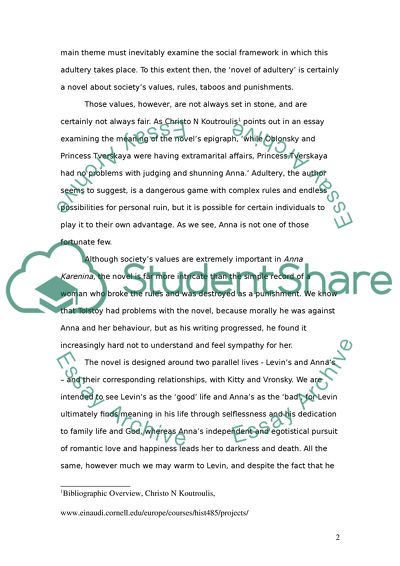Cite this document
(Critique of Society in Anna Karenina Literature review, n.d.)
Critique of Society in Anna Karenina Literature review. https://studentshare.org/literature/1534930-to-what-extent-is-the-novel-of-adultery-a-critique-of-society
Critique of Society in Anna Karenina Literature review. https://studentshare.org/literature/1534930-to-what-extent-is-the-novel-of-adultery-a-critique-of-society
(Critique of Society in Anna Karenina Literature Review)
Critique of Society in Anna Karenina Literature Review. https://studentshare.org/literature/1534930-to-what-extent-is-the-novel-of-adultery-a-critique-of-society.
Critique of Society in Anna Karenina Literature Review. https://studentshare.org/literature/1534930-to-what-extent-is-the-novel-of-adultery-a-critique-of-society.
“Critique of Society in Anna Karenina Literature Review”. https://studentshare.org/literature/1534930-to-what-extent-is-the-novel-of-adultery-a-critique-of-society.


